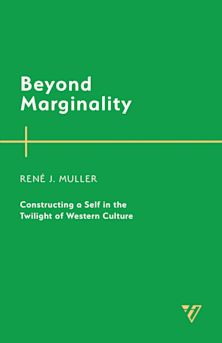- Home
- ACADEMIC
- Philosophy
- Philosophy - Other
- The Internet in Public Life
The Internet in Public Life
This product is usually dispatched within 3 days
- Delivery and returns info
-
Free US delivery on orders $35 or over
You must sign in to add this item to your wishlist. Please sign in or create an account
Description
The spread of new information and communications technologies during the past two decades has helped reshape civic associations, political communities, and global relations. In the midst of the information revolution, we find that the speed of this technology-driven change has outpaced our understanding of its social and ethical effects. The moral dimensions of this new technology and its effects on social bonds need to be questioned and scrutinized: Should the Internet be understood as a new form of public space and a source of public good? What are we to make of hackers? Does the Internet strengthen or weaken community? In The Internet in Public Life, essayists confront these and other important questions. This timely and necessary volume makes clear the need for a broader conversation about the effects of the Internet, and the questions raised by these seven essays highlight some of the most pressing issues at hand.
Table of Contents
Chapter 2 Shaping the Web: Why the Politics of Search Engines Matter
Chapter 3 Reliance and Reliability: The Problem of Information on the Internet
Chapter 4 Do Hackers Provide a Public Service?
Part 5 II Social Bonds: Stronger or Weaker?
Chapter 6 The Impact of the Internet on Civic Life: An Early Assessment
Chapter 7 The Internet and Civil Society
Chapter 8 Social Capital and the Net
Chapter 9 The Cosmopolitan Project: Does the Internet Have a Global Public Face?
Product details
| Published | Aug 13 2004 |
|---|---|
| Format | Paperback |
| Edition | 1st |
| Extent | 144 |
| ISBN | 9780742542341 |
| Imprint | Rowman & Littlefield Publishers |
| Dimensions | 9 x 7 inches |
| Series | Institute for Philosophy and Public Policy Studies |
| Publisher | Bloomsbury Publishing |
About the contributors
Reviews
-
We have all been holding our breath to see what effect the explosive developments in information technology would have on society and culture. This helpful and compact book gives us a standpoint and a bearing on what has happened. The authors have carefully looked at what's out there. They have also had the courage to consider what is most important-our moral condition and our sense of community.
Albert Borgmann, The University of Montana; author of Real American Ethics; author of Holding on to Reality (1999)



































